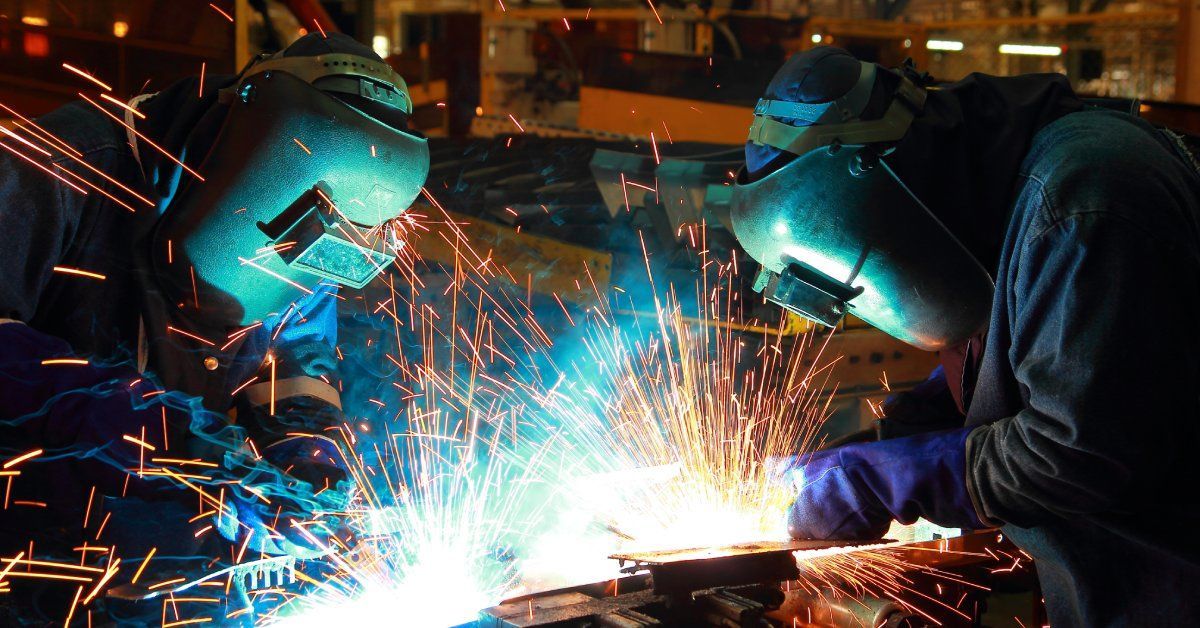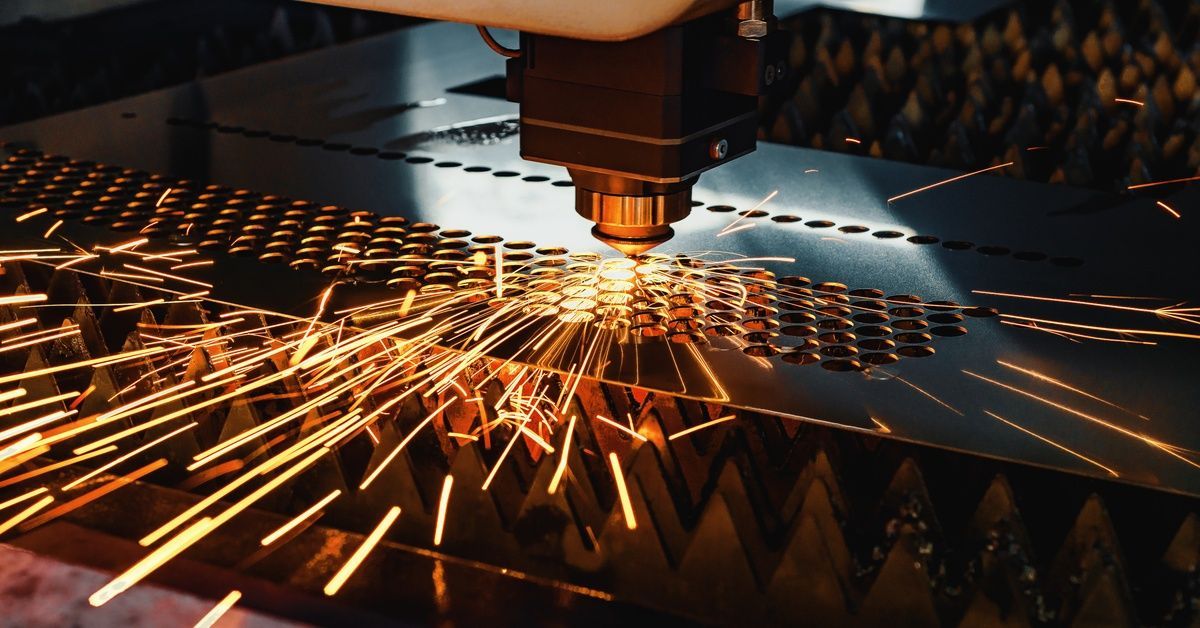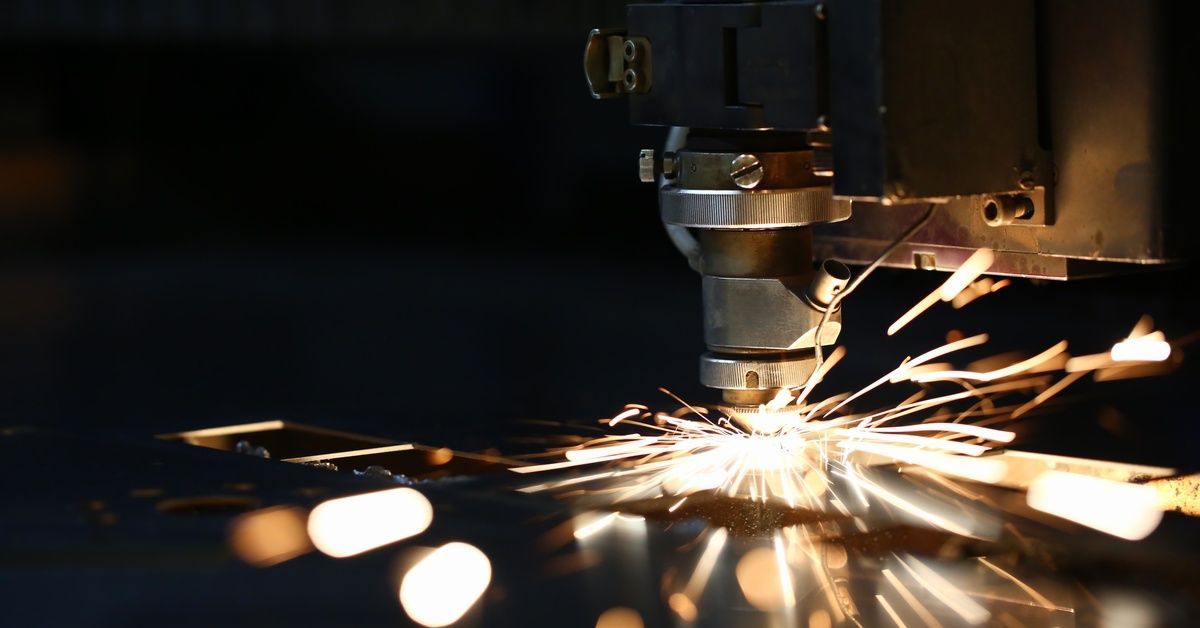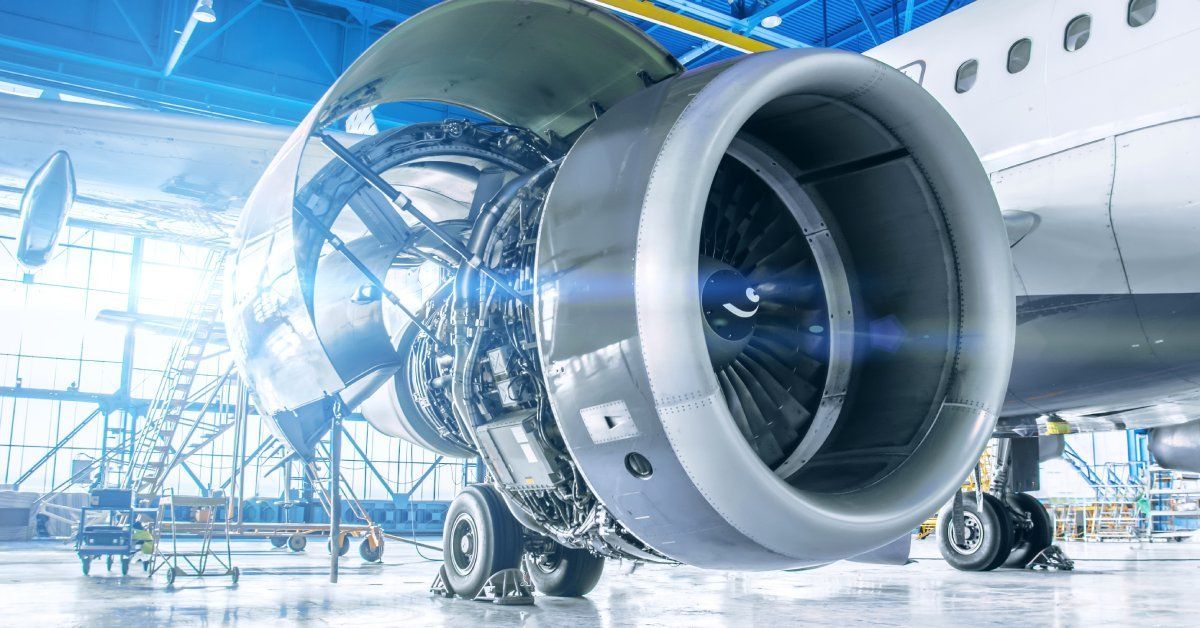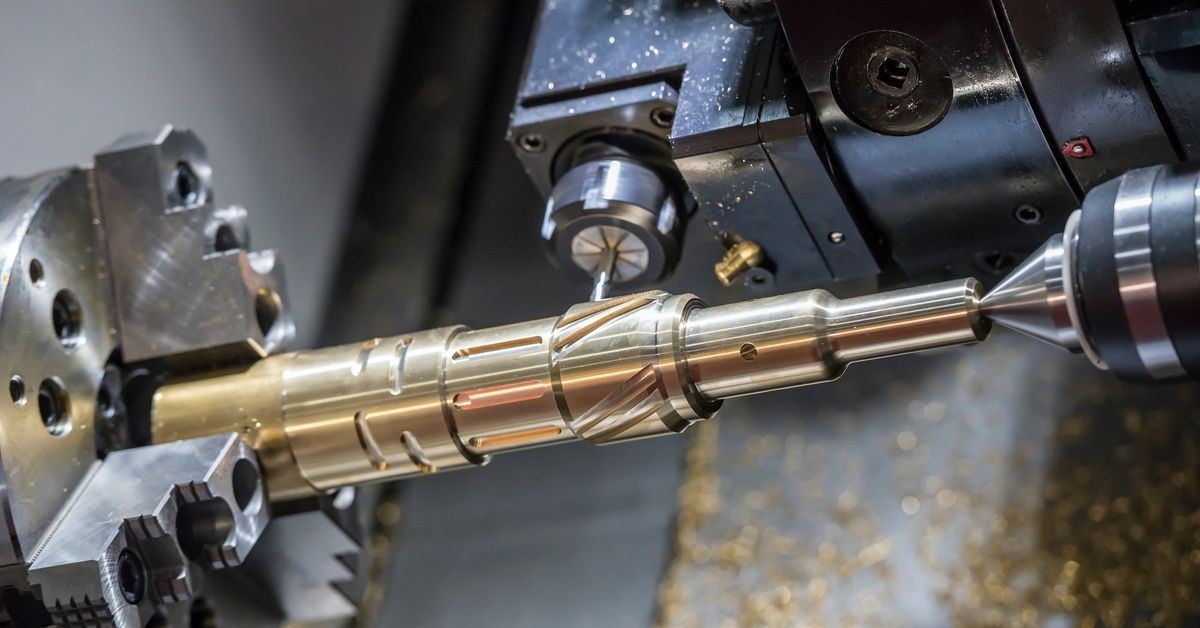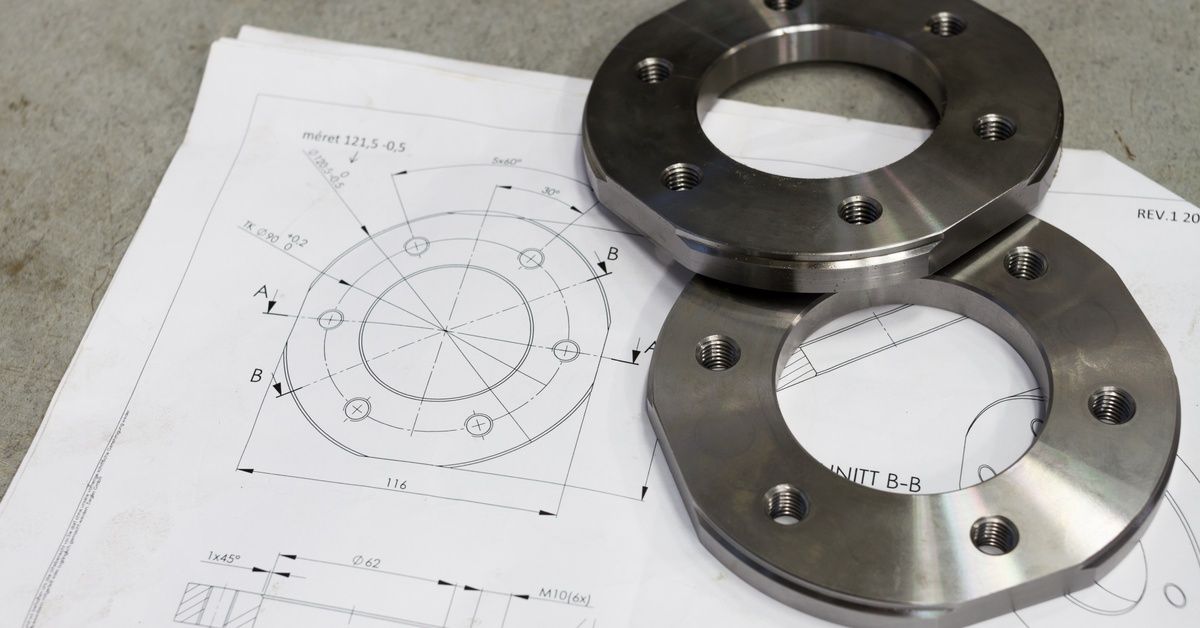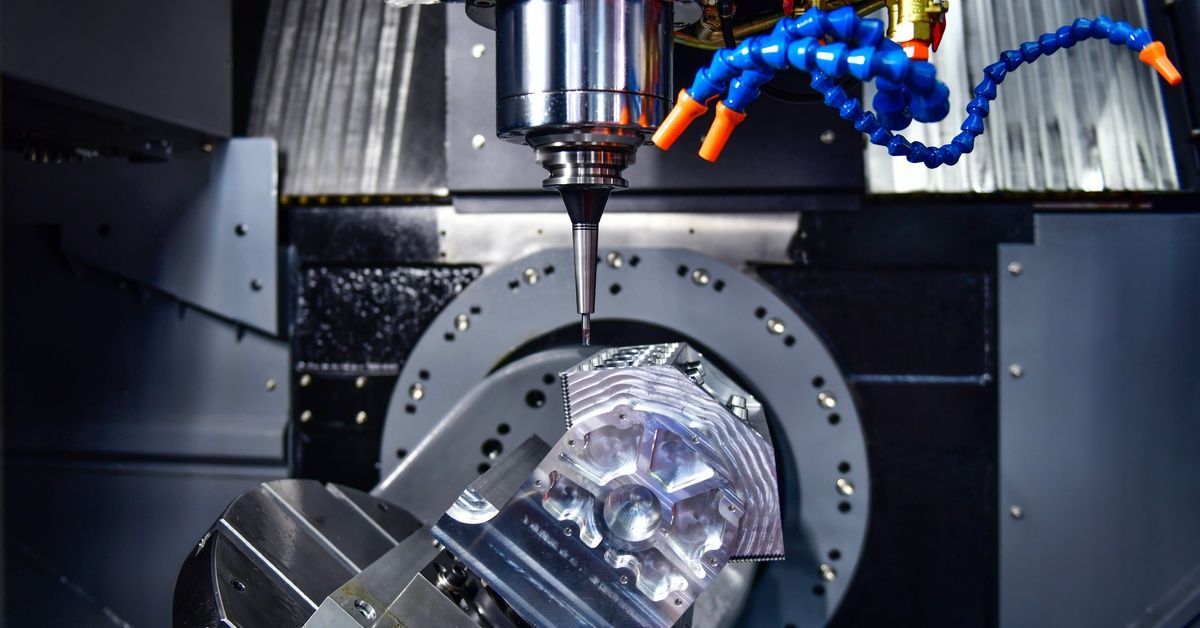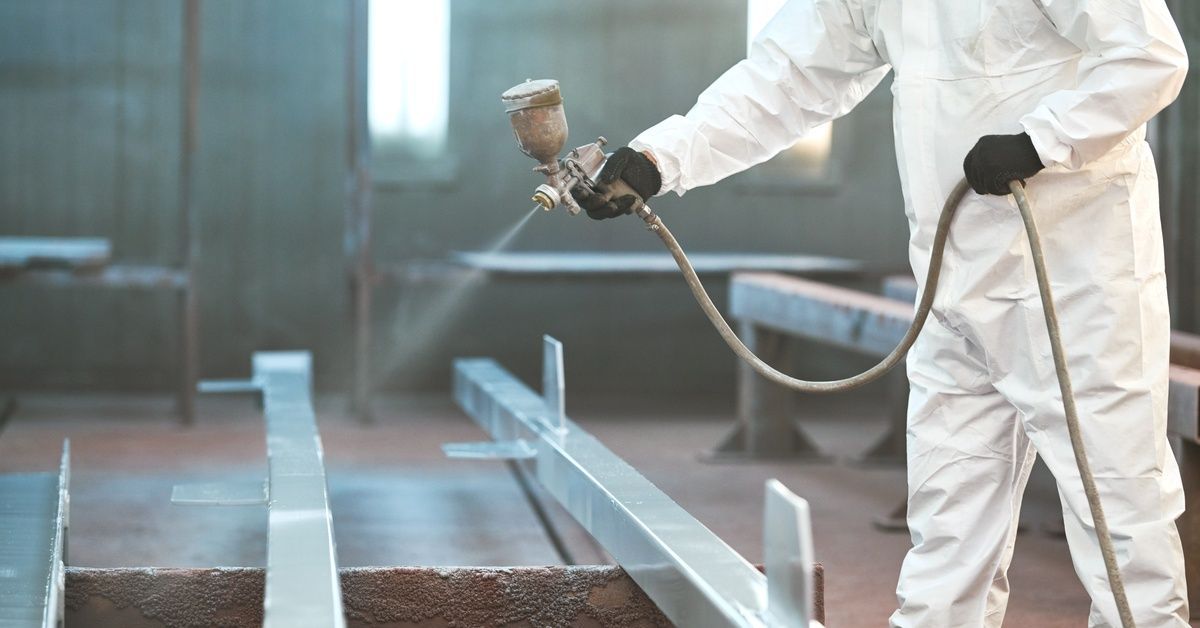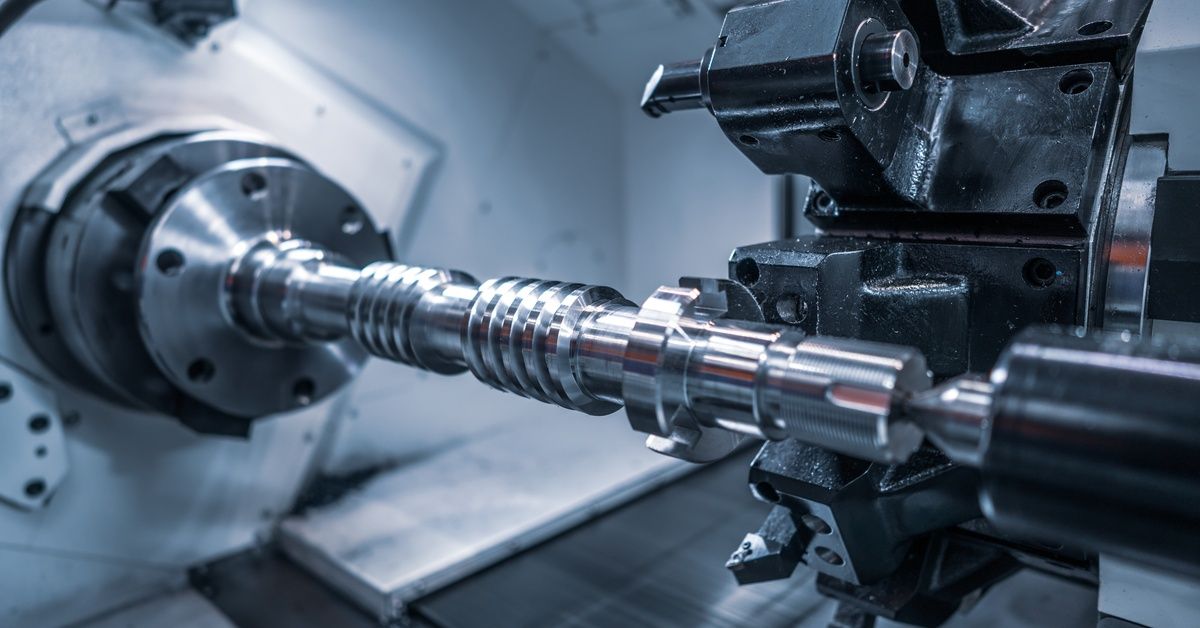Why Quality Control Is Essential in Metal Fabrication
Metal fabrication is a thriving industry where quality can never be compromised. Whether it's constructing skyscrapers or manufacturing smartphones, metal parts are integral components requiring precision and reliability.
To this end, we'll explore why quality control is so essential in metal fabrication, especially for businesses that aim to achieve excellence and maintain a competitive edge.
Understanding Metal Fabrication
Metal fabrication involves shaping metal into parts or end products through cutting, bending, and assembling processes. From creating simple tools to complex machinery, the precision of each piece plays a crucial role. Quality control ensures that every part meets specific standards, guaranteeing durability and functionality.
Methods for Quality Control in Metal Fabrication
To achieve the highest levels of precision and reliability, various methods of quality control are employed in metal fabrication. These methods are essential for detecting defects and ensuring that all parts conform to stringent standards:
- Visual Inspection: This is the first line of defense against defects. Skilled inspectors meticulously examine each part for visible flaws such as cracks, warping, or improper dimensions.
- Dimensional verification: Precision measuring tools like calipers, micrometers, and coordinate measuring machines (CMM) are used to verify that each component meets the required specifications down to the finest detail.
- Nondestructive testing (NDT): Techniques including ultrasonic testing, radiographic testing, and magnetic particle testing allow the detection of internal defects without damaging the parts.
- Material analysis: This involves verifying the composition and properties of the metal being used. Spectrometry and hardness testing are common methods employed to ensure the material meets the necessary standards.
- In-process monitoring: Continuous monitoring during the fabrication process helps find and correct issues in real-time, thereby maintaining high levels of precision throughout production.
- Final product testing: Once fabrication is complete, comprehensive functional tests are conducted to ensure that the final product performs as intended under various conditions.
Incorporating these quality control methods not only enhances the reliability of the metal parts but also boosts the overall efficiency of the production process.
Choosing the Right Metal
The type of metal used in fabrication significantly impacts the overall quality of the final product. Each metal has distinct characteristics, such as strength, ductility, conductivity, and resistance to corrosion, which determine its suitability for specific applications. Choosing the correct metal for a project is crucial for meeting performance requirements and ensuring long-term durability.
Furthermore, the quality of the raw metal itself greatly influences the outcome of the production process. Impurities or inconsistencies in the metal can lead to defects, reducing the overall integrity and performance of the fabricated parts. Hence, rigorous material analysis and quality control checks are essential to verify the composition and properties of the metal before it is used in production.
Investing in Quality Control Processes
Quality control is essential in metal fabrication, ensuring that every part produced meets the highest standards of precision and reliability. For businesses in this industry, investing in quality control processes can make a huge difference. By doing so, you safeguard your reputation, enhance customer satisfaction, and drive operational efficiency.
For those looking to take their quality control to the next level, consider consulting with experts who can provide tailored solutions to meet your specific needs. H&H Machine Service’s custom fabrication shop makes it easy to prototype new ideas so you can design high-quality items that won't let you down when it matters most.

